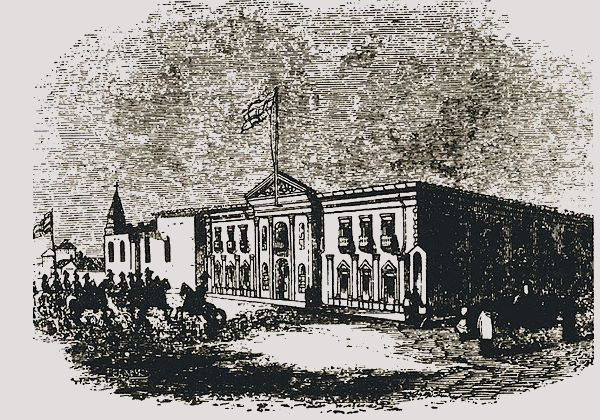Costa Rica is a democratic republic with a strong system of constitutional checks and balances. Executive responsibilities are vested in a president, who is the country’s center of power. There also are two vice presidents and a 15-member cabinet. The president and 57 Legislative Assembly deputies are elected for 4-year terms. In April 2003, the Costa Rican Constitutional Court annulled a constitutional reform enacted by the Legislative Assembly in 1969 barring presidents from running for reelection. The law reverted back to the 1949 Constitution, which states that ex-presidents may run for reelection after they have been out of office for two presidential terms, or eight years. Deputies may run for reelection after sitting out one term, or four years.
The electoral process is supervised by an independent Supreme Electoral Tribunal—a commission of three principal magistrates and six alternates selected by the Supreme Court of Justice. Judicial power is exercised by the Supreme Court of Justice, composed of 22 magistrates selected for renewable 8-year terms by the Legislative Assembly, and subsidiary courts. A Constitutional Chamber of the Supreme Court, established in 1989, reviews the constitutionality of legislation and executive decrees and all habeas corpus warrants.
The offices of the Comptroller General of the Republic, the Solicitor General, and the Ombudsman exercise oversight of the government. The Comptroller General’s office has a statutory responsibility to scrutinize all but the smallest public sector contracts and strictly enforces procedural requirements.
There are provincial boundaries for administrative purposes, but no elected provincial officials. Costa Rica held its first mayoral elections in December 2002, whereby mayors were elected by popular vote through general elections.

